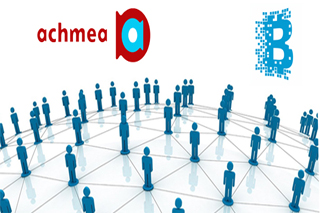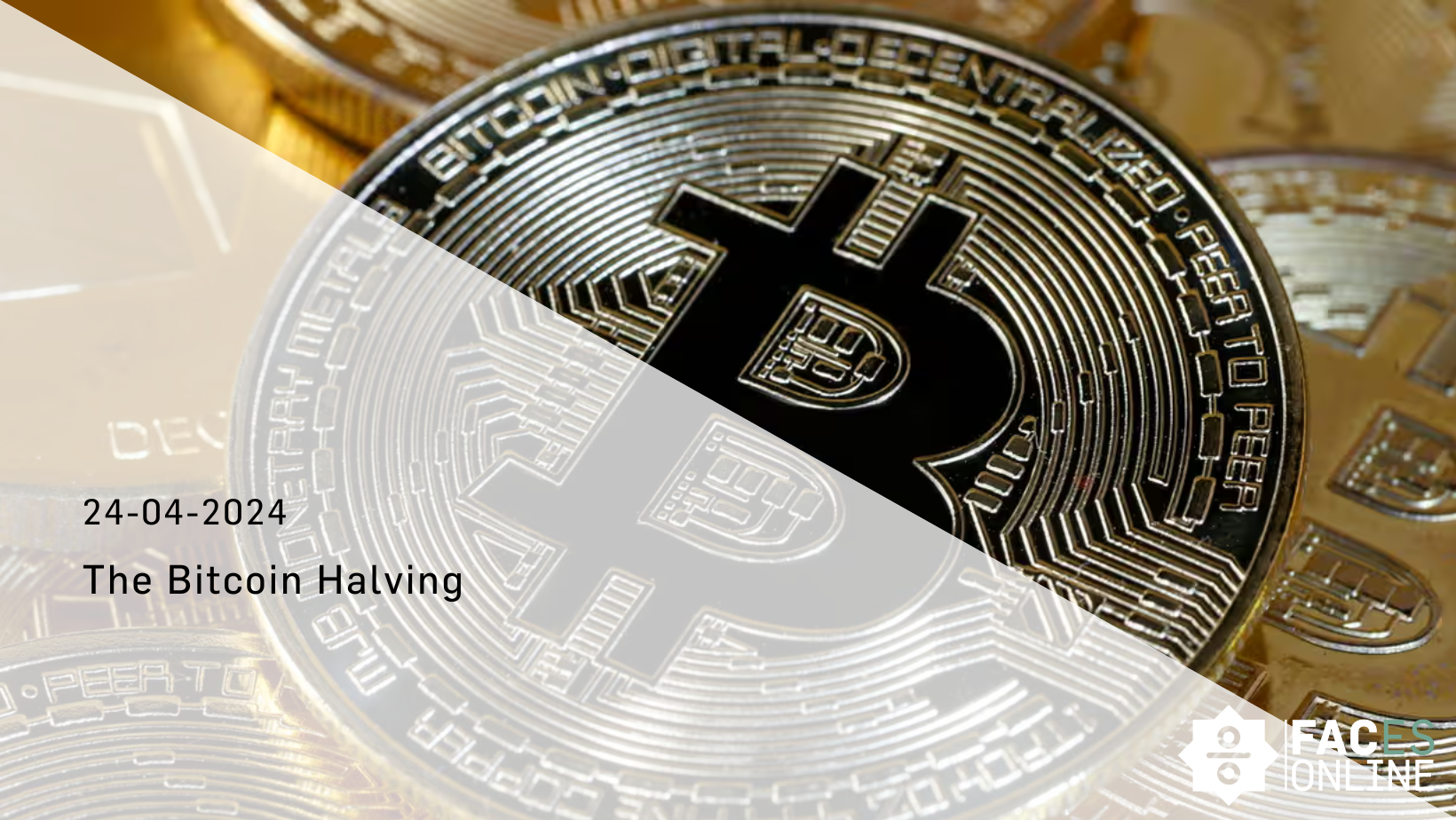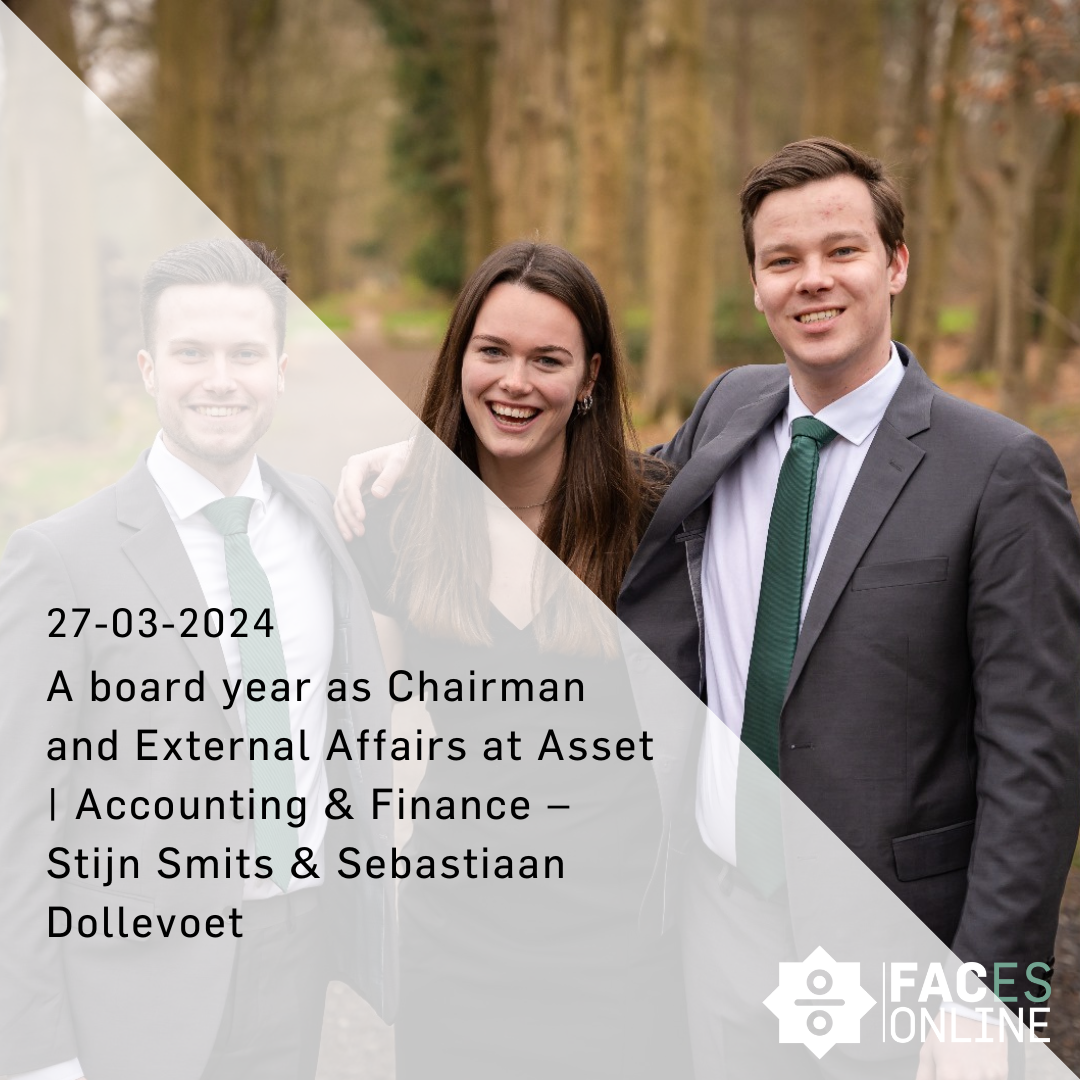Disclaimer: This article is for entertainment purposes only and cannot be used for financial advice. Since its inception, Bitcoin has caught the


How did you end up working for Achmea?
This was a coincidence actually. At that time I was studying strategic value management at the Catholic University of Brabant (now Tilburg University), which had a partnership with the insurance company Interpolis. By chance I came across a graduation project. Rabobank owned the shares of Interpolis, but some shares were owned by a pension fund. That pension fund had to value their shares for their annual financial statements. A model was needed to do this, so they turned it into a graduation project. This was in June 2002 and I worked on it for six months. That was really nice because I, as a twenty-two-year-old, had to present my model to the board of directors and supervisory board. Nowadays they still use this model, although it has been adjusted over the years. After my graduation project I was offered a job at Interpolis. In 2005 they merged with Achmea (another insurer) and I transferred to the headquarters in Zeist.
What are your activities at Achmea?
The company has three products to offer with accompanying divisions: health insurance, pensions and living, and damage and income. I work at the last one. The responsibility for the results lies at the back office of the product divisions (the front office deals with sales). I work in a management team of finance in the back office of damage and income and within this department I am concerned with capital- and value management. The main tasks of this are maintaining the solvency of a damaged company. Currently there are new rules concerning the capital requirements for insurance companies about the amount of money they must have on hand in order to not go bankrupt. So my main tasks are preventing bankruptcy. Besides this, I am occupied with the ‘non-standard’ tasks that do not belong to other divisions, for instance commercial conversions and small mergers and acquisitions. These are specialized tasks related to corporate finance. For this reason, I cannot know what I will be doing next week.
Could you briefly describe what block chains are?
This is something we are still investigating, because it is really innovative. A block chain is a database structure that facilitates a transaction between people that do not (have to) know each other. By definition, this transaction is correct. It simply can’t be that this transaction is incorrect because everyone around the world, or at least within the system, can verify whether the transaction is correct. An example of an application of a block chain is the Bitcoin. The interesting thing about this is that there is no need for a third party, like a bank: the transaction is always right.
Block chains can be really complex because you can attach a lot of different objects to it. For example, imagine everyone is entitled to five GP visits. This is a right that belongs to you that you can share. There is no intervention of a third party. The insurance company issues the right and activates it in the market. You will get a QR-code on your phone which gives you the right to go to a GP. But you can give this away, without notifying the insurance company. The bill goes directly to A, B or C through the QR-code.
One could compare the current status of the block chain with that of the internet in 1985. People knew that it existed, but they had no idea about how to get it off the ground. And now we cannot even imagine a life without the internet. I think that this will also happen to the block chain.
What does the block chain have to offer to an insurance company like Achmea?
The easiest application for us would be in our financial administration, we really think we are going to make a move in that area by deploying block chains there. Currently we have around seven to eight hundred people working in our, let’s say, general ledger, where they correct mistakes and make sure no useless suspense accounts are being created. Block chains will be of tremendous help there, but how, we are not entirely sure yet.
What are important disadvantages of the block chain?
When block chains will in fact disrupt the market you can ask yourself what the role of an insurance company will be as an intermediary. In former times, if you wanted to travel quicker from one place to another you would buy a faster horse until the automobile was invented. With that invention the horses were not required anymore for transportation. It seems as if the block chain is that automobile and we are still working with the horses. And that complicates things for us, because imagine we would find a very interesting application that could sideline us as an insurer.
A nice example is Netflix, which started out renting movies to its customers by mail in the US, after which the customer would send it back so it could be redistributed again. They were a big player on the market. When the internet became more important, they put some movies online which of course affected their business model. But suddenly that became much bigger which caused a lot of video rental stores to close down. Because they did that they are still there. Their philosophy was: someone will do this anyway, so we might as well be the first.
So the question is how we, as a traditional (insurance) sector, cope with this new technology. An important disadvantage is therefore that it could sideline us, but we’d rather do that ourselves than anyone else.
What will the future of block chains look like, in particular in the insurance sector?
Insuring is nothing more than haring risks with each other. You exchange risks: for example you agree that when your house burns down others will share the damages, and when someone else’s house burns down you will pay a proportion of the damage. Now there is an intermediary like Achmea who arranges this, it receives premiums and pays out damages. We take on the need to share risks and bundle that. But why would we need this intermediary? With block chains you take care of it instantly. It eliminates uncertainty associated with transactions. It can sideline the middleman, be it a bank, insurance company or notary. These are large sectors I’m talking about, but that is the direction it takes. Until now there has not been any business model that existed longer than 200 years, so why would that not apply to us? I am sure block chains will play a big role in the future, but I cannot say concretely when and in what sectors. Maybe I can tell you in a year or so.
What advice would you like to give to students of Tilburg University?
In the past it was always important to acquire knowledge. I think this is still important, but I also think that competencies regarding innovation will become more important than the knowledge you already have. It is a matter of attitude: are you curious, can you apply yourself to it? I think this will become more exciting than existing knowledge. Whenever I hire people, I primarily pay attention to this attitude. When someone comes from a university that person has already shown that he or she is capable of gaining new knowledge, so the content of the job is not going to be a problem. A lot of jobs that you see today didn’t exist 10 years ago, so be curious and try to have the right attitude towards innovation.






















